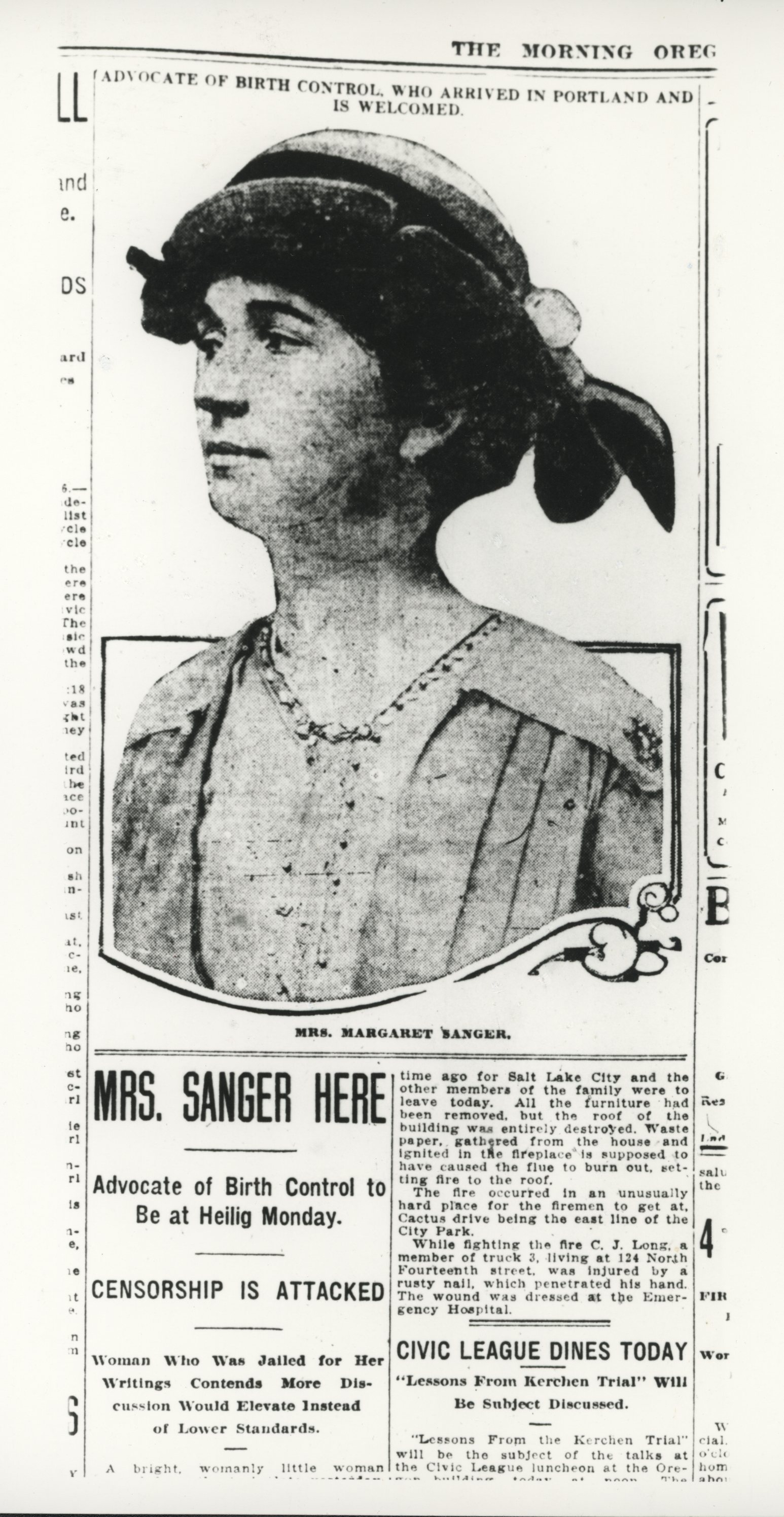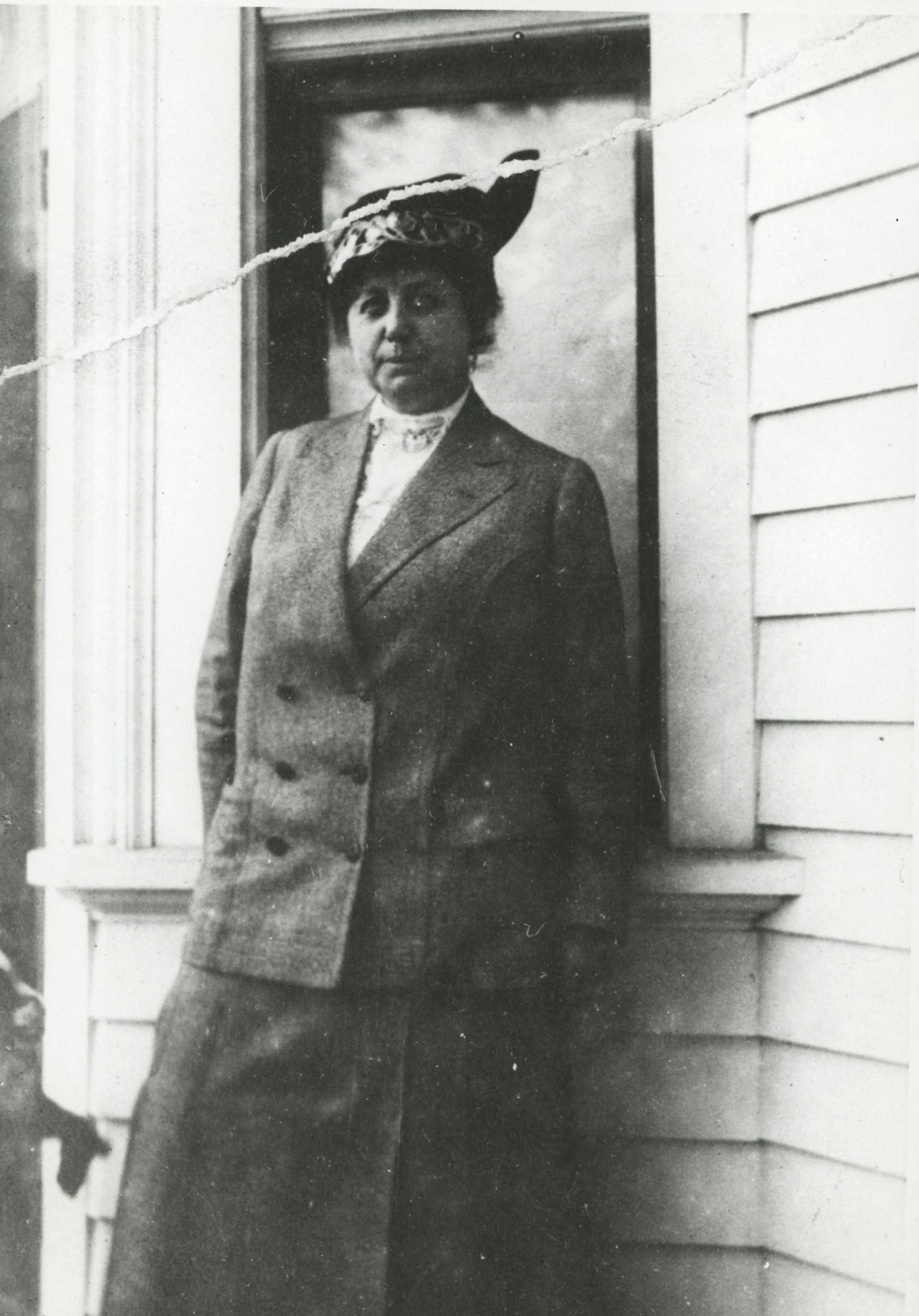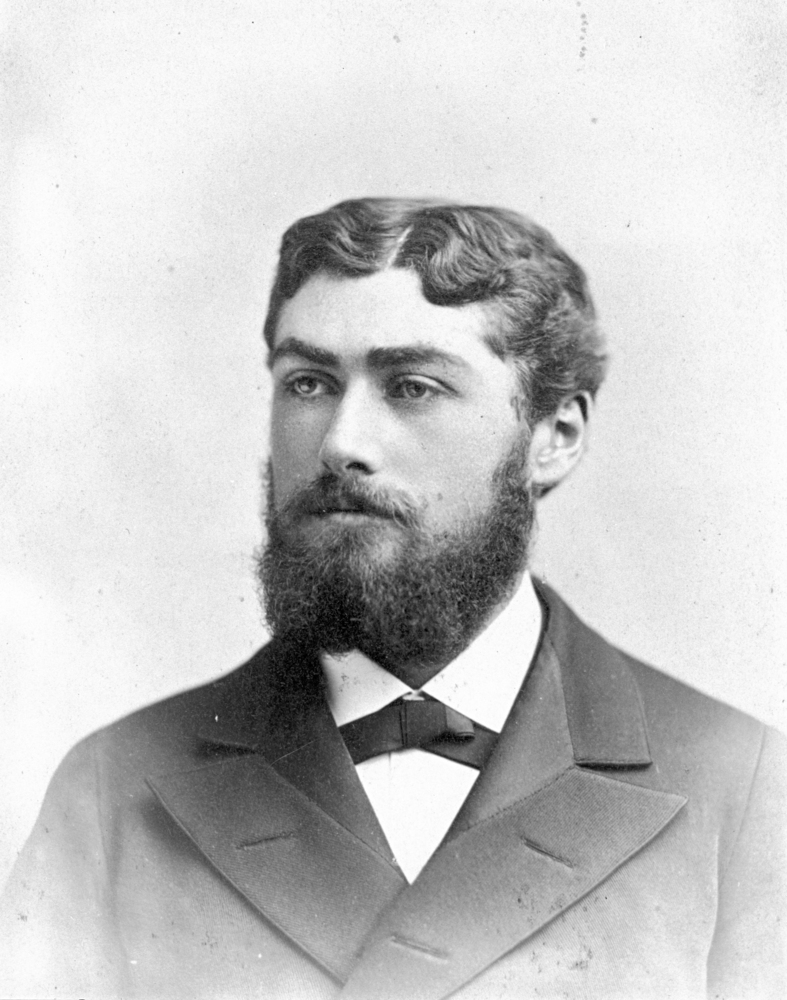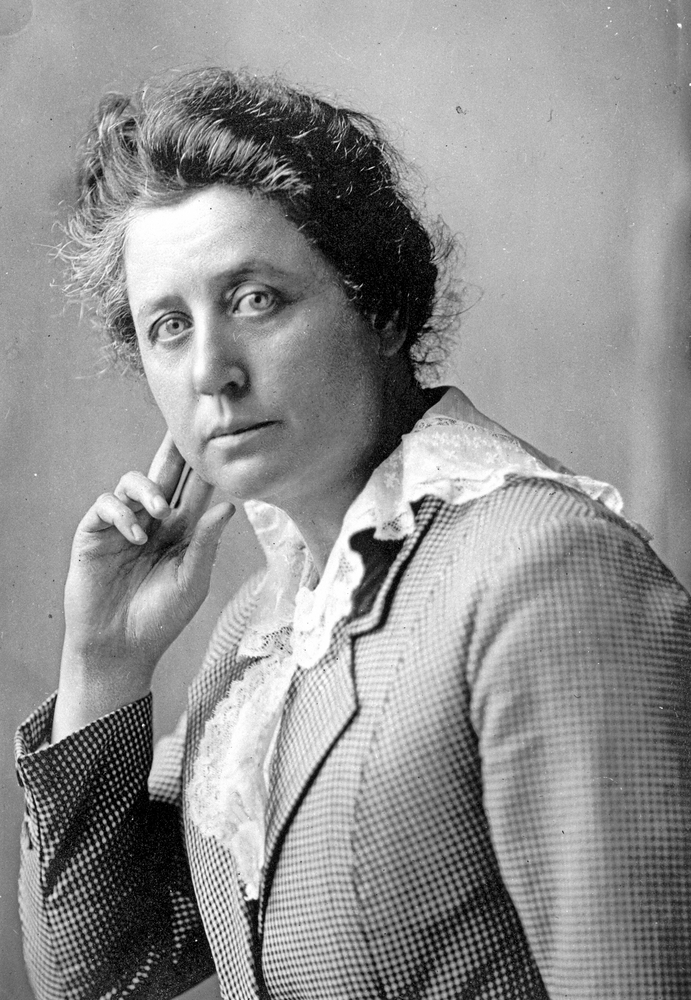On June 29, 1916, Margaret Sanger was arrested in Portland for distributing pamphlets promoting birth control. Sanger was the author of a series of articles on sex education for the New York Call in 1912–1913 titled "What Every Girl Should Know," and she had become one of the strongest voices for contraception in the United States. She believed, biographer Michael Helquist writes, that "Americans needed more common sense and less puritanism about birth control information." Sanger was visiting Oregon as part of a seventeen-city speaking tour. Portland was the only city during the tour to put her in jail.
At first, Sanger received a warm welcome in Portland. Lawyer, politician, and poet C.E.S. Wood dedicated a poem to her, flowers were sent to her hotel room, and a dinner was given in her honor. She met with Dr. Marie Equi, a local physician and activist who provided medical care and abortions, particularly for the working class. Sanger also was approached by a union worker, Carl Rave, who asked whether he and two others—E.L. Jenkins and Ralph Chervin—could sell one of her pamphlets, Family Limitation, at the lecture she was giving on June 19 at the Heilig Theatre on Southwest Broadway. The pamphlet described birth control methods—including pessaries, condoms, sponges, laxatives, vaginal tablets, and douches—and highlighted the pleasures of sex. Government officials and church leaders had condemned it "as corrosive to public morality and dangerous to the well-being of the nation." The Portland version of the pamphlet included information about the link between labor organizing and reproductive rights.
Portland police arrested Rave, Jenkins, and Chervin for selling Family Limitation, and Portland city commissioners called an emergency session to criminalize its distribution. On June 29, local women organized a rally at the Baker Theater in downtown Portland to support the arrested men and to discuss how to keep “five men from legislating for 10,000 women,” a reference to the male members of the city council. When Equi, Sanger, and two other women, F.A. Greatwood and Maude Bourner, continued to distribute the pamphlets, they were arrested and put in jail for the night (Greatwood posted bail and was released). The trial for all seven of those arrested began in municipal court on July 1. It lasted two days.
The lawyers took center stage, and neither the defendants nor any witnesses testified at the trial. Deputy City Attorney F.W. Stadter presented the prosecution’s claim that Family Limitation fit legal definitions of “obscene” and, furthermore, had been “distributed promiscuously” by the defendants. C.E.S. Wood, who was assisting Sanger’s attorney Isaac Swett in the case, argued that there was no “certainty of the law” for proving obscenity and that it was “largely regulated by the time, the place, and the judge and jury, and by individualism.” Rather than relying on past meanings of the word, he argued, the judge needed to determine the value of Sanger’s work in the context of its purpose. “Don’t you see,” he said to Judge Arthur Langguth, “that you’ve got to come down to the philosophical rule that obscenity lies in the mind of the reader?” He pointed to women in the gallery as examples of the people who needed Sanger’s help, including a young mother suffering from consumption.
On July 7, Langguth found all seven defendants guilty, a decision based on his "assumption that a matter not necessarily obscene when offered for sale in bookstores, or for use in medical clinics, becomes obscene when circulated publicly if it is of a nature calculated to excite lascivious thought in youthful minds." He then fined the men ten dollars (the fines were later suspended), with no fines for the women.
Three months later, on October 16, 1916, Sanger opened the first birth control clinic in the United States in the Brownsville area of Brooklyn. The city closed the clinic many times and arrested her each time she reopened it. Sanger’s husband William had been arrested for distributing Family Limitation the previous year in New York when Anthony Comstock, a U.S. postal inspector and politician, requested it under the guise of a supporter. The couple’s arrests helped Sanger raise money and gain allies, leading to the founding of the American Birth Control League in 1921, renamed Planned Parenthood Federation of America in 1942.
In 1925, Sanger considered Portland for the sixth session of the International Birth Control Conference, the first held in the United States. Mayor George Baker, who owned the Baker Theater, “barred” the group from convening. The Oregonian reported his response: “‛Of course they won’t be welcome,’ thundered Mayor Baker. ‘I don’t know what’s the matter with these people. Of all the cities in the world, Portland would be the least receptive to them and their doctrines.’” The paper mused that Sanger “evidently forgot the details of her Portland visit when she impressed on her fellow delegates the desirability of Portland.” The conference was held in New York City.
-
![]()
Ad in the Oregonian, June 17, 1916.
Courtesy Oregon Hist. Soc. Research Lib., Oregonian, Orhi81056
-
![]()
Margaret Sanger, 1934.
Courtesy Oregon Hist. Soc. Research Lib., photo file 933
-
![]()
Dr. Marie Equi.
Courtesy Oregon Hist. Soc. Research Lib., photo file 359
-
![]()
Announcement for rally to protest arrest of men handing out pamphlets for Sanger, Morning Oregonian, June 26, 1916.
Courtesy Morning Oregonian
-
![]()
Ad in the Morning Oregonian, June 28, 1916.
Courtesy Morning Oregonian
-
![]()
George Baker, c.1915.
Courtesy Oregon Hist. Soc. Research Lib.. Journal, Org Lot 1368, box 373 373G011
-
![]()
H.R. Albee.
Courtesy Oregon Hist. Soc. Research Lib., 55108, photo file 37
Documents
Related Entries
-
![C.E.S. Wood (1852-1944)]()
C.E.S. Wood (1852-1944)
C.E.S. Wood may have been the most influential cultural figure in Portl…
-
Marie Equi (1872-1952)
Dr. Marie Equi was a fiercely independent Oregon physician who was enga…
Related Historical Records
Map This on the Oregon History WayFinder
The Oregon History Wayfinder is an interactive map that identifies significant places, people, and events in Oregon history.
Further Reading
Helquist, Michael. Marie Equi, Radical Politics and Outlaw Passions. Corvallis: Oregon State University Press, 2015. 147-152.
Mayer, Heather. Beyond the Rebel Girl: Women and the Industrial Workers of the World in the Pacific Northwest, 1905-1924. Corvallis: Oregon State University Press, 2018. 142-147.
Sanger, Margaret. An Autobiography. Whitefish, MT: Kessinger Publishing, 2004. 204-207.
Werbel, Amy. Lust on Trial: Censorship and the Rise of American Obscenity in the Age of Anthony Comstock. New York: Columbia University Press, 2018.









